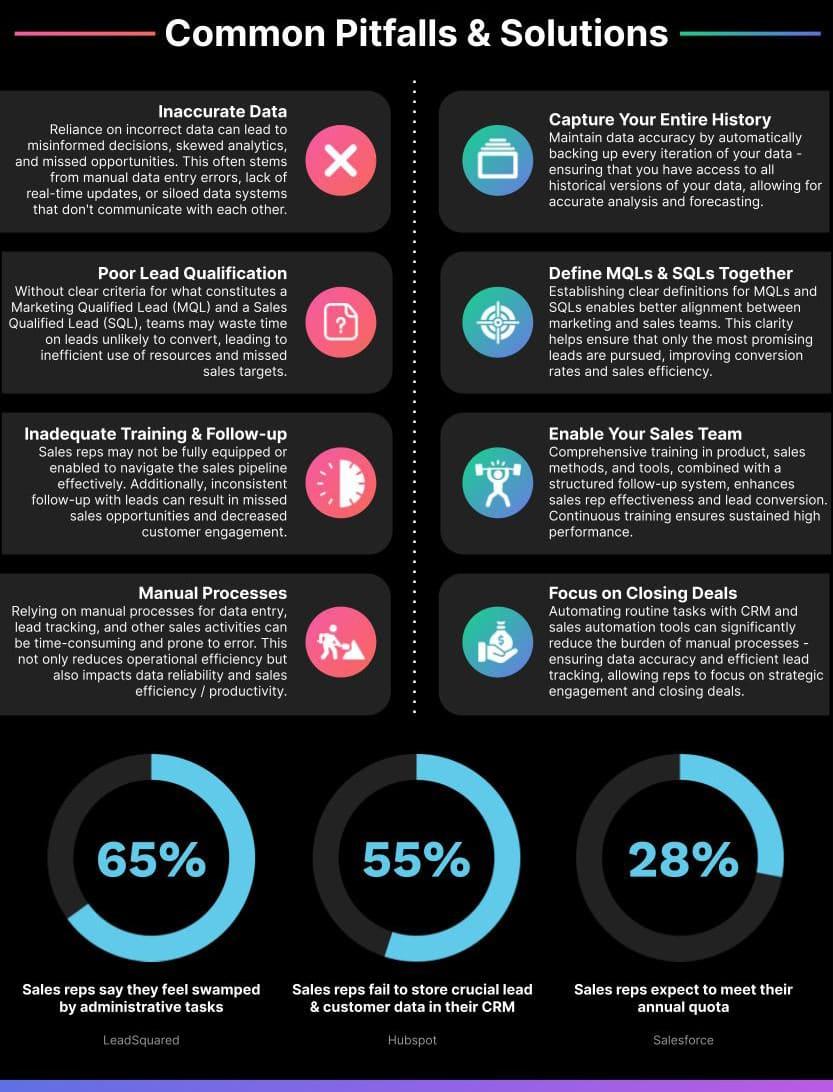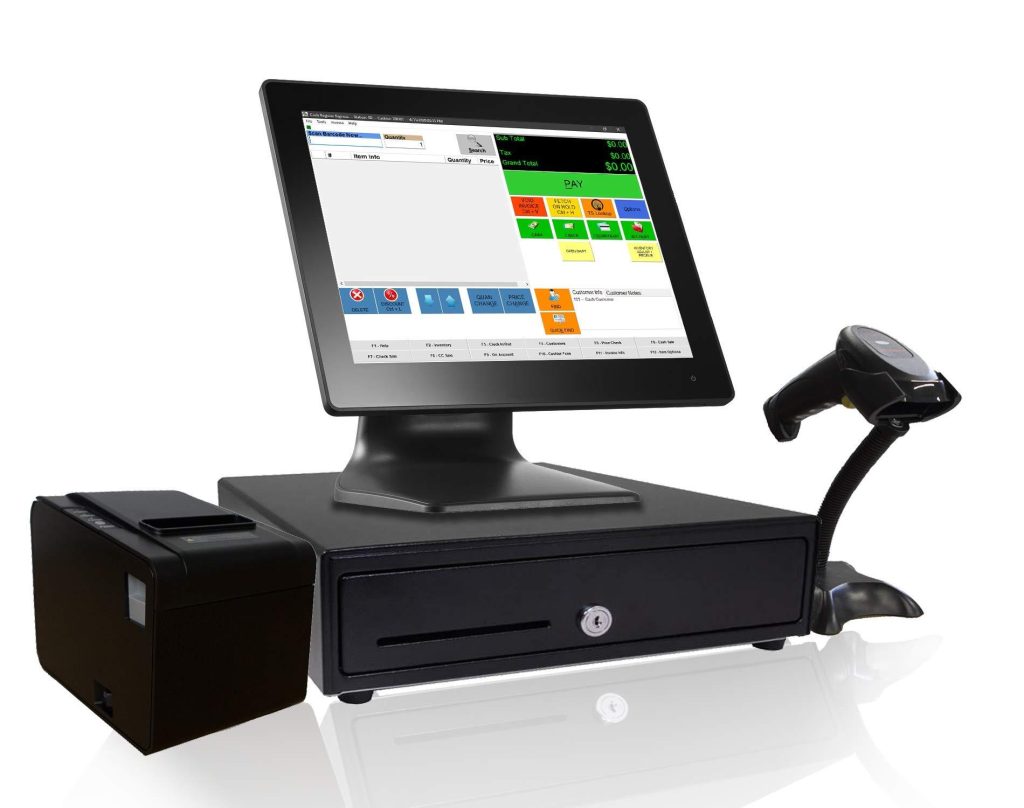
As a business owner, you understand the importance of having a reliable and efficient point of sale (POS) system in place. A well-designed POS system can streamline your sales process, improve customer satisfaction, and increase revenue. Though, with so many options available, it can be overwhelming to choose the right one for your business. In this article, we will explore the top 10 essential POS system features you need to know to unlock efficient sales and take your business to the next level.
Introduction to POS Systems
A POS system is a combination of hardware and software that enables businesses to process transactions, manage inventory, and track sales. It is an essential tool for any retail, hospitality, or food service business. A good POS system should be user-pleasant, scalable, and customizable to meet the unique needs of your business.
Benefits of a Well-Designed POS System
A well-designed POS system can bring numerous benefits to your business,including:
Increased Efficiency: Automate tasks,reduce manual errors,and speed up the sales process.
Improved Customer Satisfaction: Provide faster and more accurate service, leading to increased customer loyalty and retention.
Enhanced Inventory Management: Track stock levels, monitor inventory movement, and optimize inventory levels.
Better Sales Insights: Gain valuable insights into sales trends, customer behavior, and product performance.
Reduced Costs: Minimize waste, reduce labour costs, and optimize inventory levels.
Top 10 Essential POS System Features
When choosing a POS system, there are several essential features to consider. Here are the top 10 features to look for:
- User-Friendly Interface: An intuitive and easy-to-use interface is crucial for reducing training time and minimizing errors.
- Inventory Management: A robust inventory management system should allow you to track stock levels, monitor inventory movement, and optimize inventory levels.
- sales Reporting and Analytics: A good POS system should provide detailed sales reports and analytics to help you make informed business decisions.
- Customer Management: A customer management feature allows you to store customer data, track purchase history, and offer personalized promotions.
- Payment Processing: A POS system should support multiple payment options, including credit cards, debit cards, and mobile payments.
- Integration with Other Systems: A POS system should integrate seamlessly with other business systems, such as accounting software and e-commerce platforms.
- Security and Reliability: A POS system should have robust security features to protect customer data and prevent system downtime.
- Customization and Scalability: A POS system should be customizable to meet the unique needs of your business and scalable to grow with your business.
- Employee Management: An employee management feature allows you to track employee hours, manage employee permissions, and monitor employee performance.
- Mobile Accessibility: A mobile POS system allows you to process transactions and manage your business on-the-go.
Practical Tips for Choosing a POS System
When choosing a POS system, consider the following practical tips:
Assess Your Business needs: Determine the specific needs of your business and choose a POS system that meets those needs.
evaluate Your Budget: Determine your budget and choose a POS system that fits within it.
Read Reviews and Ask for Referrals: Research different POS systems and ask for referrals from other business owners.
Test the System: Test the POS system before committing to it to ensure it meets your needs.
Case Studies: Real-World Examples of Triumphant POS Implementations
Several businesses have successfully implemented POS systems to improve their sales and operations. Here are a few examples:
| Business | POS System | Results |
| — | — | — |
| Retail Store | Cloud-based POS | Increased sales by 15%, reduced inventory costs by 10% |
| Restaurant | Mobile POS | Reduced wait times by 20%, increased customer satisfaction by 15% |
| E-commerce Business | Integrated POS and e-commerce platform | Increased online sales by 25%, improved inventory management by 12% |
First-Hand Experience: Implementing a POS System
Implementing a POS system can be a challenging but rewarding experience. Here are some tips from business owners who have gone through the process:
Plan Carefully: Take the time to plan and prepare for the implementation of your POS system.
Train Your Staff: Provide thorough training to your staff to ensure they are agreeable using the new system.
Monitor Progress: Monitor the progress of your POS system implementation and make adjustments as needed.
Conclusion
A well-designed POS system is essential for unlocking efficient sales and boosting your business. By considering the top 10 essential POS system features and following practical tips for choosing a POS system, you can find the right system for your business. Whether you’re a retail store, restaurant, or e-commerce business, a good POS system can help you streamline your sales process, improve customer satisfaction, and increase revenue. Take the first step towards unlocking efficient sales and transforming your business today.



